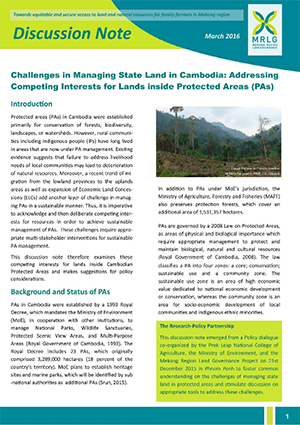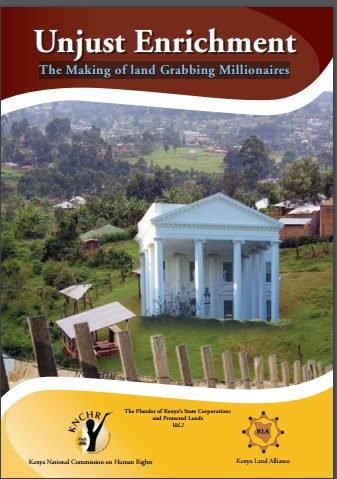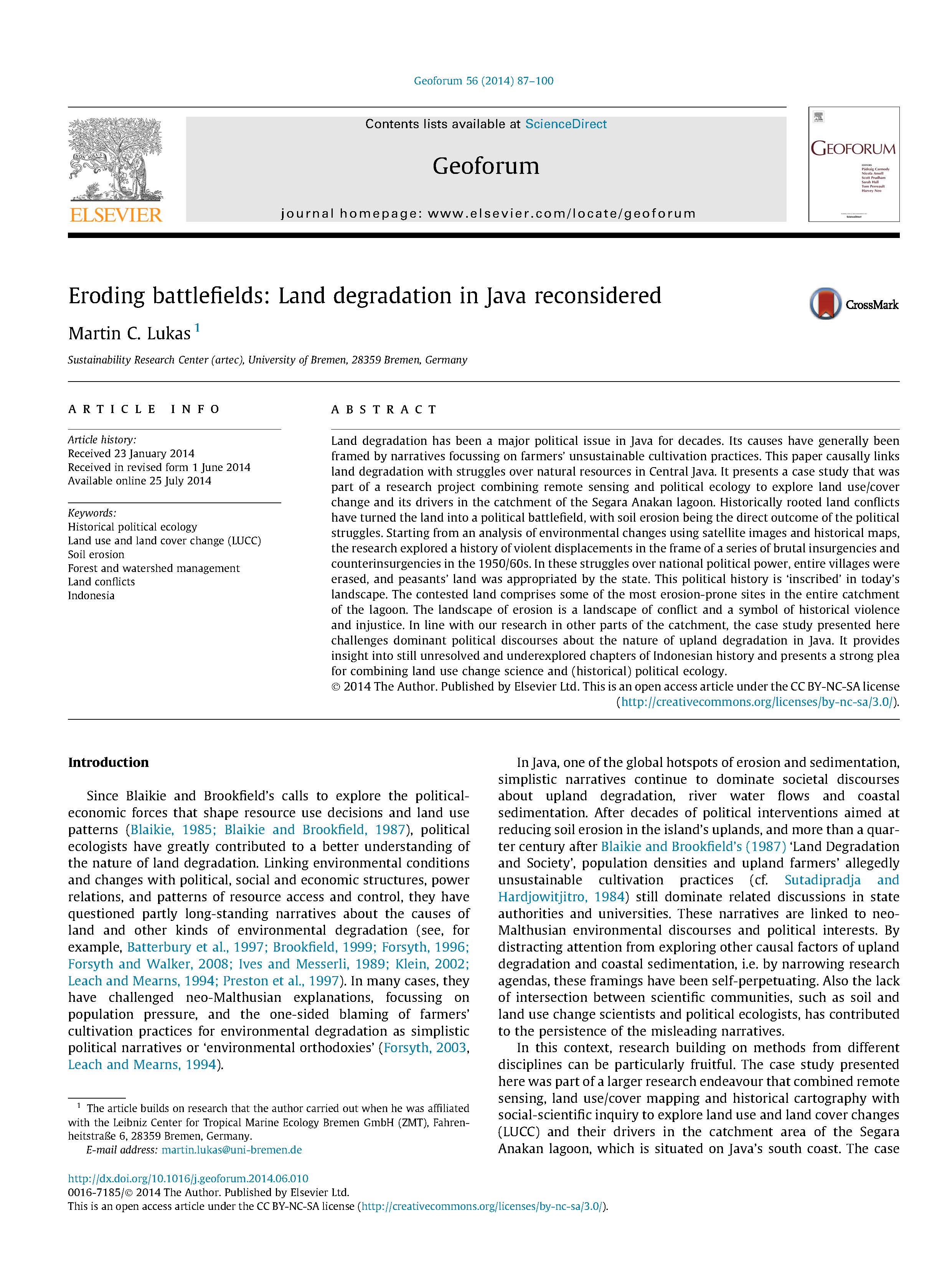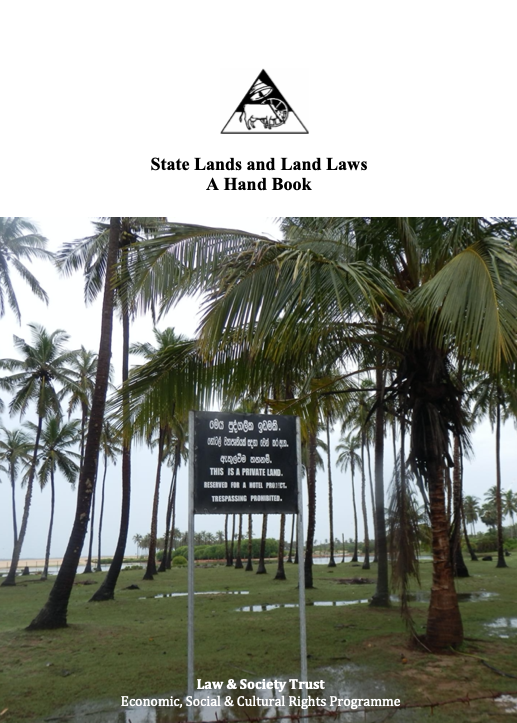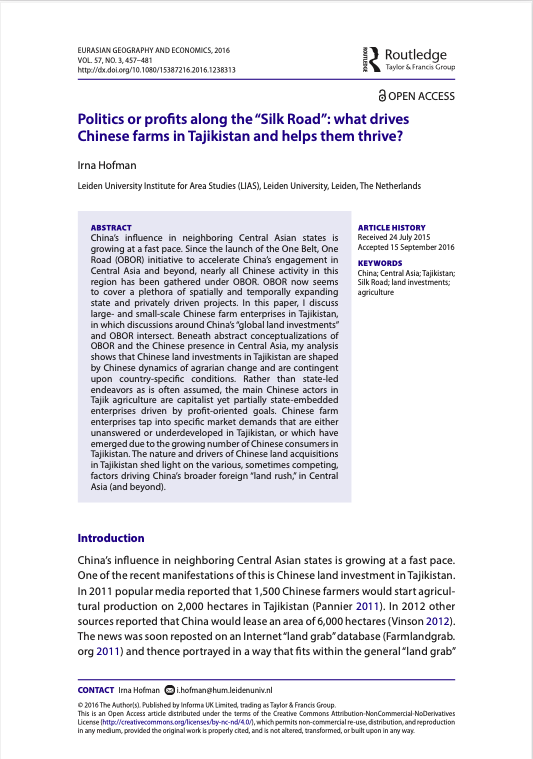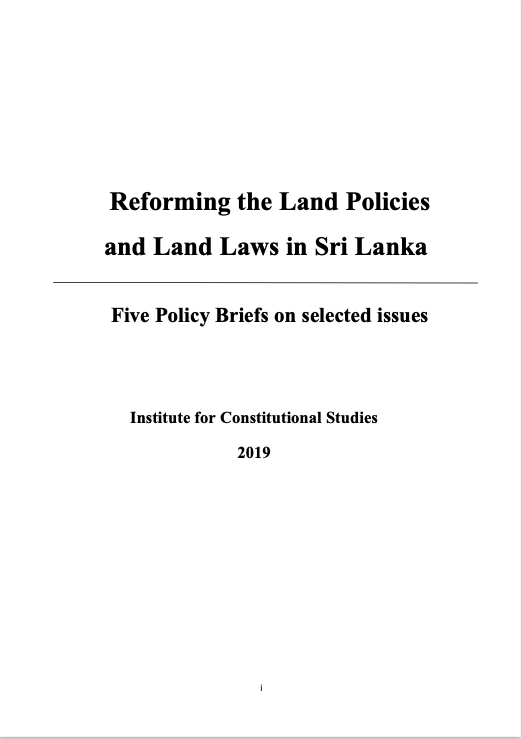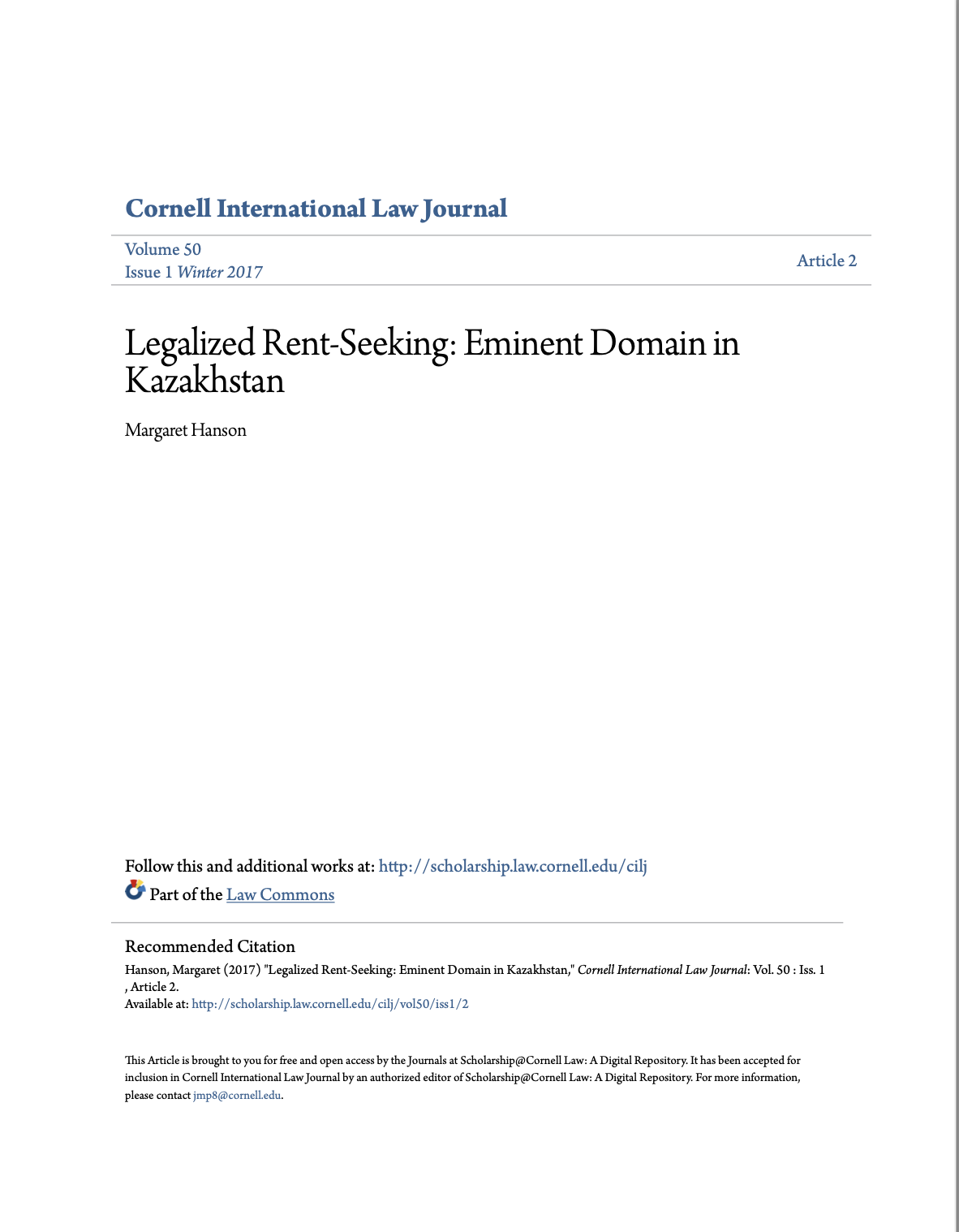Challenges in Managing State Land in Cambodia: Addressing Competing Interests for Lands Inside Protected Areas (PAs)
Protected area management is threatened by weak articulation between the goals for conservation, national development and local livelihoods. This discussion note examines the competing interests for lands inside Cambodian Protected Areas and makes suggestions for policy considerations.

